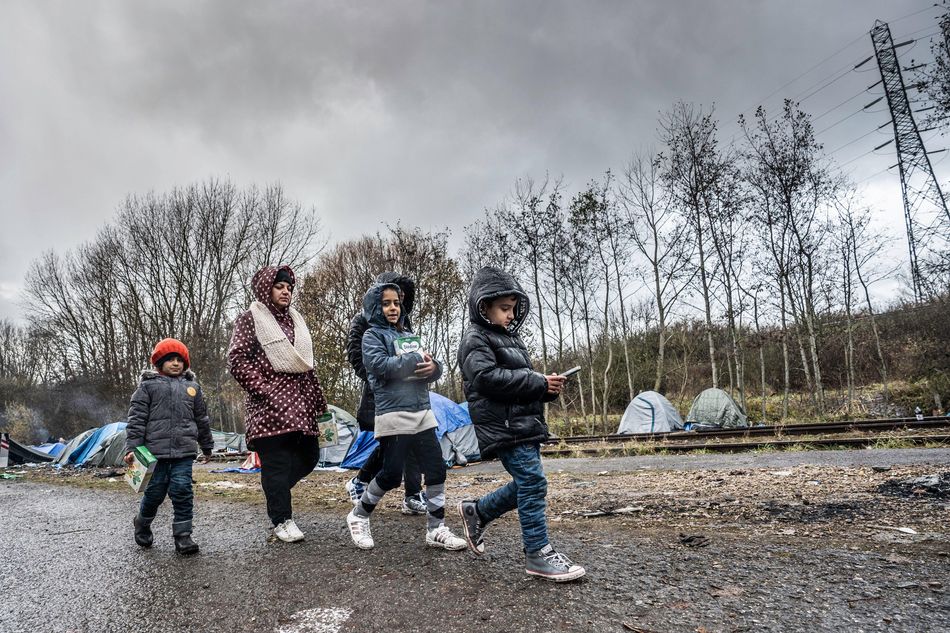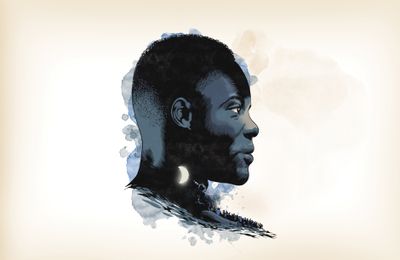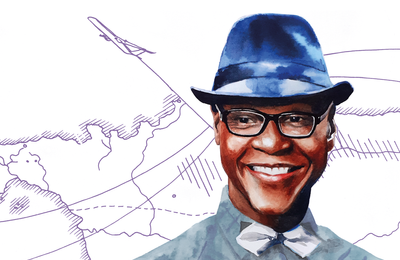It is 6.30pm on a weekday evening in Dunkirk. I am standing by the side of a road with a queue of women and children in front of me. Men stand on the periphery; I am aware of their presence. They want to ensure their families get a tent to sleep in tonight. But “no”, I tell them when they ask to talk to me. “We only give tents to women and children.”
I’m volunteering with a charity that supports displaced women and children living in Calais and Dunkirk. The number of asylum seekers living on the North coast of France constantly fluctuates—as of July this year it was estimated to be around 2,500 people. A small percentage, but a growing number are women and children.
In the van, on the way over to the makeshift distribution point, we receive a call from our colleagues who have gone ahead. “The police are here.” There is a collective intake of breath.
We change course, parking the van outside a supermarket to regroup. None of the volunteers at the distribution point can speak fluent French, so they put the policeman on the phone to us. So begins a three-way conference call between the police, our group in the van and the team in the office. France will have received £476m in funding for law enforcement from the UK government between 2023 and 2026.
One of our team begins to explain to the policeman that we are only giving tents and blankets—including bags and bags of baby blankets—to women and children. He replies that he is sorry, but we cannot give them out here. “I’m only doing my job” he says,“c’est interdit”.
We hang up and then immediately start another group call, without the police this time, to agree a new distribution point. Now, the team on the ground now have the difficult task of explaining to the women who have queued patiently that they need to walk to a new location to receive their tents. We are waiting in the van when the women and girls arrive. Some of them are running towards us.
I loathe standing at the front of the queue. I loathe seeing the women, who two hours earlier I had been chatting to at a women’s day centre, forced to wait for me to give them their tents. I recognise faces. At the front, I see three girls from Somalia with whom I played a particularly aggressive game of Uno (the pick-up four card was deployed against me mercilessly).
I recognise a woman who looks to be in her forties, who had just arrived in Dunkirk. Earlier, she cried when I asked her how she was. “Life is so difficult,” she said. When I apologised for making her cry, she told me it was natural. “When someone asks you about these things, you feel it”.
I hate the thought that some of these women and girls will return to sleep in a scrub of trees tonight, where they are outnumbered by men, and where they do not have access to toilets or showers.
*
In the day centre that afternoon, their children were eager to play; one girl draws a picture of a house and proudly gives it to me as a gift. Her younger brother is frustrated that we can’t find the toy car that goes along the racing track—until his sister, the great sister that she is, finds it. When she catches sight of the rambunctious game of Uno, she naturally wants to join in. We share one hand, playing as a team, until her mum tells her they must go.
While we play, leaders of the charity are showing some politicians around the centre. They tell the politicians that they are seeing increasing numbers of women and children at the UK-France border: last month, they had around a 150 per cent increase compared to the month before. They tell the politicians that they are receiving requests from women seeking terminations after being raped. The small, wily team, made up mainly of volunteers, is working around the clock to get them shelter, showers, clothes and hospital appointments. But the demand only rises.
In the evening, when I return to my room, I scroll through the news on my phone, and I see endless stories about “Channel migrants”. I see that the UK has suspended its family reunion scheme for refugees, which, alongside the schemes for Ukrainians and Hong Kongers, was one of few safe and legal routes for families into the UK. In the year ending in June 2025, 20,817 family reunion visas were granted—mainly to women and children from Syria, Iran and Afghanistan.
Charities including the International Rescue Committee (IRC) and Children and Families Across Borders (CFAB) warn that the suspension could push more women and children to make the dangerous journey across the Channel in small boats. I fear that also means more women and children living in terrible conditions while they wait to cross.
In Calais and Dunkirk, NGOs continue to battle against the police, and the odds, to get basic supplies to women and children. They organise access to showers so that women and children can wash in privacy. They distribute more clothes and more tents. Over the weekend, the team rests. Who knows how many people may be waiting for them during the week ahead.













